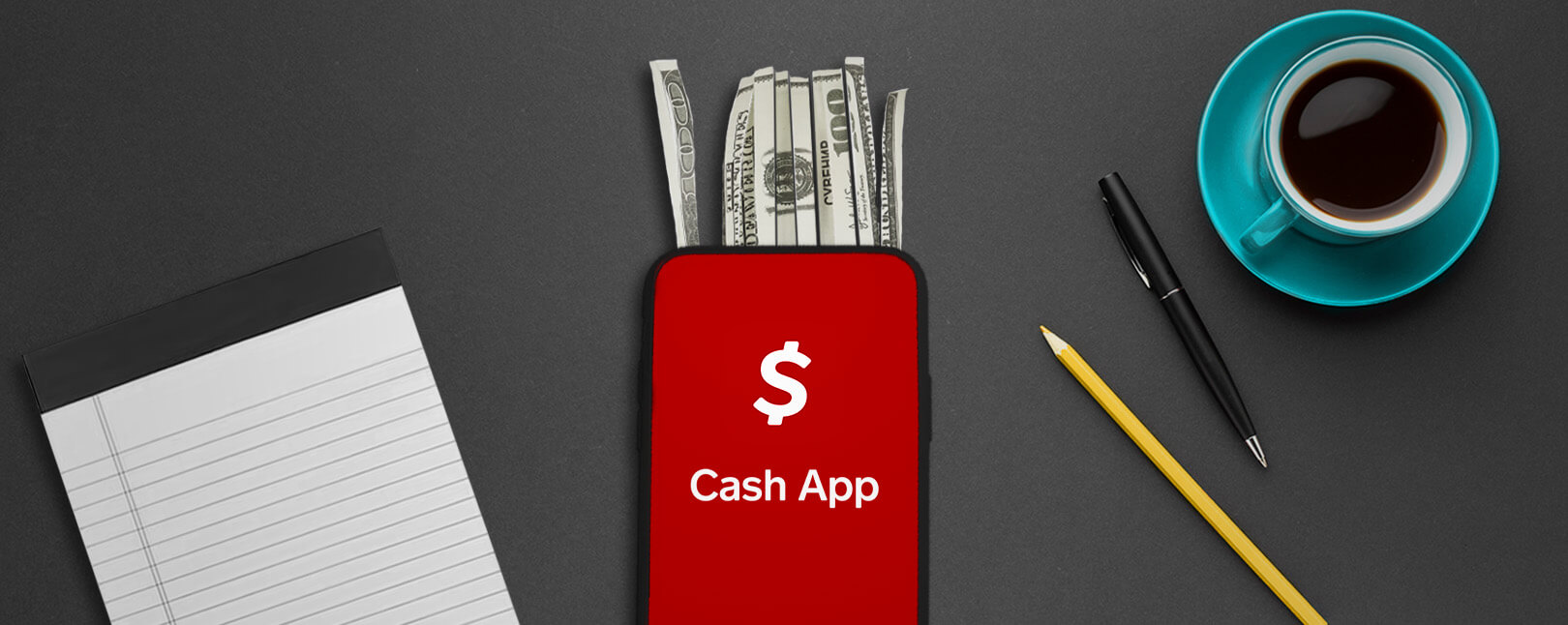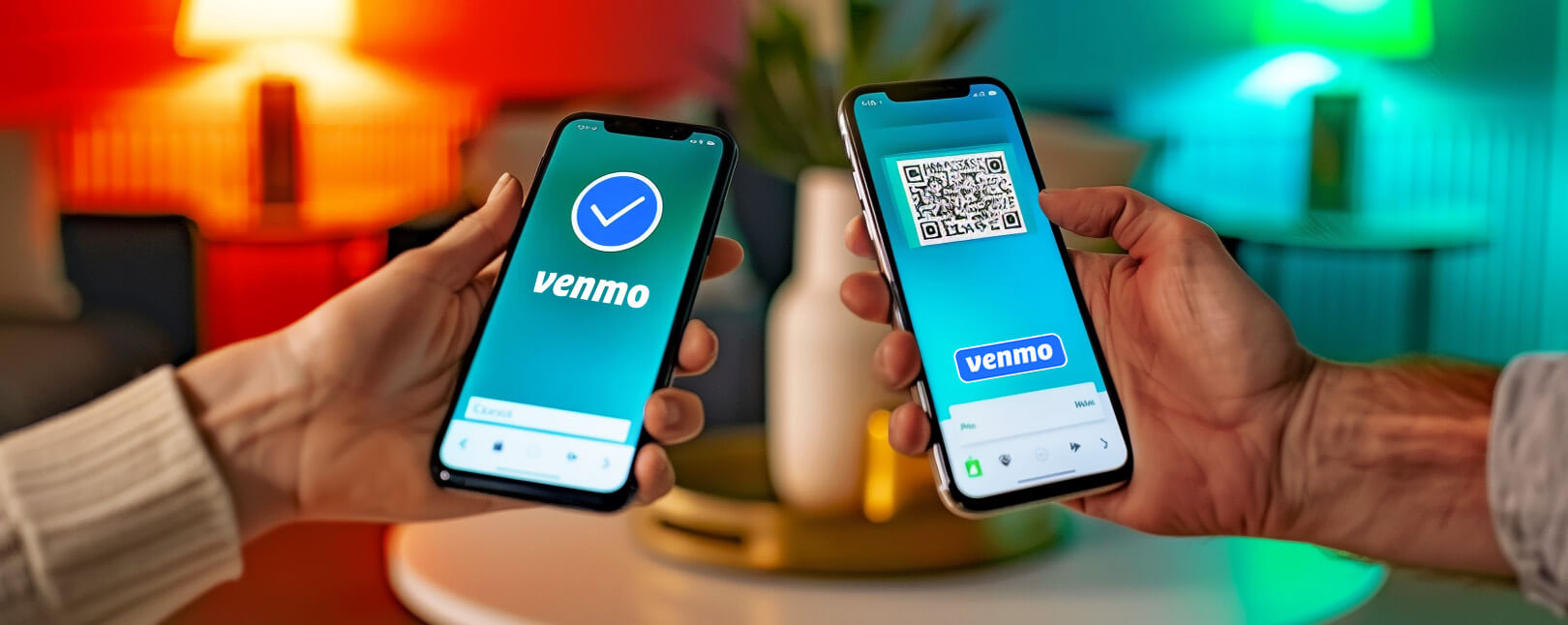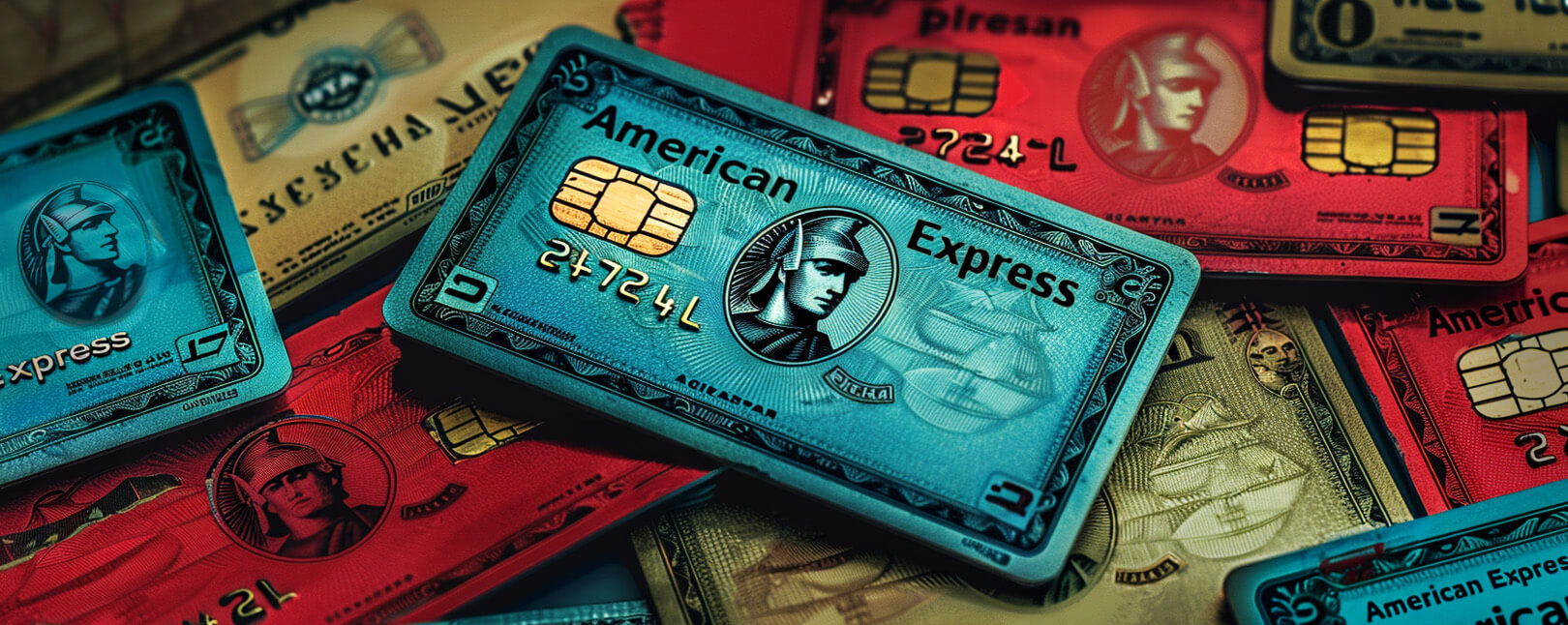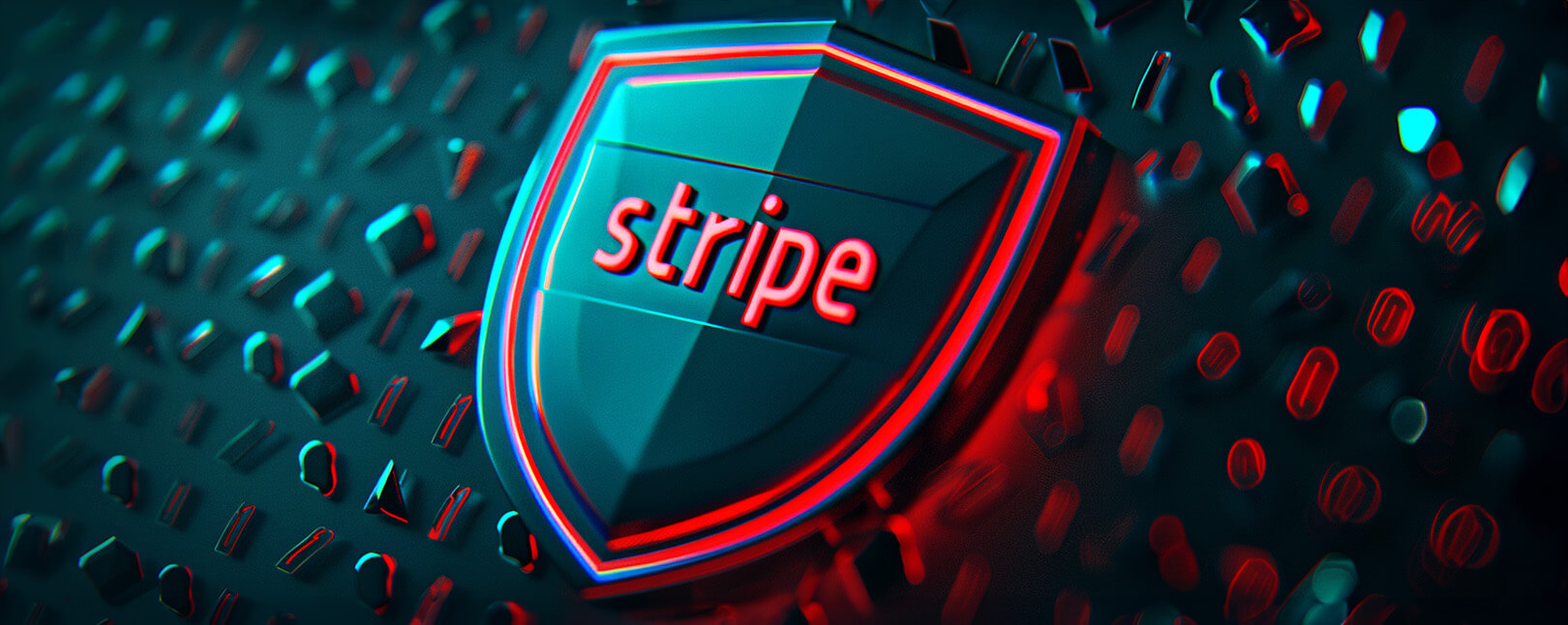What’s a Cash App Dispute? Are Cash App Chargebacks Possible? The Answer is a Little Complicated.
Cash App is one of the top ten finance apps in the US market in terms of monthly users.
The app lets users connect their bank account or credit card to fund their Cash App account. They may then make payments directly through the app, either peer-to-peer (P2P) or with a merchant.
As a merchant, accepting payments via Cash App can offer you a few benefits. Most notably, the payments are instant, irreversible, and not subject to the chargeback process.
…at least, not directly.
Recommended reading
- Venmo Chargebacks: How Do Disputes Work on Venmo?
- Bank of America Disputes: Here's What You Need to Know
- Wells Fargo Disputes: Chargeback Rules & Things to Know
- American Express Chargebacks: Rules & Time Limits & More
- Stripe Chargeback Guide: Time Limits & Other Info You Need
- What is a Bank Chargeback? What Makes Them Different?
Can You Dispute a Cash App Payment?
Short answer: yes.
The chargeback process, as outlined under US law, applies only to payment card transactions. It doesn't extend to bank transfers. Thus, if a Cash App transaction doesn’t involve a credit or debit card, the transaction isn't subject to chargeback rules.This can be tempting for merchants who are sick of dealing with chargebacks. As the company explains on their website, "Cash App to Cash App payments are instant and usually can’t be canceled." That said, Cash App still manages and maintains its own dispute process.
Strictly speaking, there is no such thing as a “Cash App chargeback.” A chargeback is a forced payment reversal by which a cardholder bypasses a merchant to directly contact their bank for a refund. Cash App chargebacks aren’t actually processed by or on Cash App, however. The chargeback process is strictly overseen by the banks involved and is not in Cash App’s purview.
What is a Cash App Dispute?
While it's not a "Cash App chargeback" in the literal sense, customers can contact customer support to undo a transaction. They can initiate this process via the app or the Cash App website, as well as by phone or mail.
If a customer initiates a dispute, the company would investigate the claim, then resolve the situation accordingly. If Cash App determines that the merchant didn't provide the goods or services described to the customer, funds may be returned to the cardholder. It could also happen in the event of fraud.
The buyer should attempt to resolve the situation with the seller first. Once the buyer requests a Cash App dispute, though, the seller will receive a notification asking to either accept or reject the request (also through the app). If they reject the request, or if buyers skip over this step, they may go straight to Cash App to dispute the charge.
How Cash App Disputes Work
If a cardholder has a good reason to dispute a charge with a merchant or service provider, there are a few steps to follow. First, if you are the cardholder who wishes to dispute a charge, make sure you contact the merchant first (more on this below).
If you’ve already contacted the merchant and are unable to resolve a transaction, you may be able to file a dispute. To file a dispute for a Cash App transaction, you will need to select the transaction in Cash App. To do so:
- Tap the Activity tab on your Cash App home screen.
- Select the transaction in question and tap the ellipses symbol in the top right corner of the screen.
- Select Need Help & Cash App Support
- Tap Dispute this Transaction
Cash App disputes only apply to completed transactions. Pending transactions are not eligible. If your transaction is pending, you must wait until it settles before proceeding. Pending transactions usually settle in 7-10 business days.
What Transactions Can You Dispute on Cash App?
Not every transaction is suitable for dispute on Cash App. There are specific guidelines that apply to these transactions. Any instance where these criteria are not met is not eligible for the Cash App dispute process (more on this below).
Cardholders are allowed to dispute a transaction if it meets one or more of the following criteria:
- Item was significantly not as described: If the item is not as described, not the same item ordered, or is otherwise verifiably not is not what was promised at the time of purchase.
- The item never arrived: If the buyer can provide evidence that an item never arrived, or that it arrived much later than reasonably expected, they may be entitled to dispute the transaction.
- Item arrived damaged: If the buyer can prove the item arrived damaged or significantly hampered in some way, they may be entitled to dispute the charge.
- Incorrect charges: If the buyer can prove they were charged for items they didn’t receive, billed for a canceled subscription, etc.
- Fraudulent charges: If a buyer was charged for an item they never ordered because someone used their card to make unauthorized purchases.
If a user suspects fraud on their Cash App account tied to a credit card, they should call their bank to report the fraud and freeze activity. Then reach out to Cash App to report fraud and dispute the charge on your account. Fraud is a very serious problem and should also be reported to the FTC as soon as possible. Your report could help someone else avoid fraud in the future.
Also, keep in mind that cardholders will be required to provide evidence of their claims in order to file disputes on Cash App. Plus, the merchant or service provider will have an opportunity to respond with their own evidence as well. Filing invalid disputes can have serious consequences, as we’ll get into in the next section.
When Cardholders Shouldn’t File Cash App Disputes
There are a few circumstances in which cardholders are strongly discouraged from filing disputes and/or contacting their issuing bank for a chargeback.
In either case, cardholders may be required to provide evidence of their claims. Examples can include photos, screenshots of messages between merchant and buyer, receipts, shipping, tracking, etc. Relevant documents will vary depending on the circumstance.
There are several situations in which a buyer might not be entitled to a Cash App dispute. Five of the most common scenarios include:
What Happens After a Cash App Dispute?
In some cases, Cash App may provide the cardholder with a provisional refund that will be added to the cardholder’s account while the matter is being investigated. In the event that the cardholder failed to provide evidence of their claim, those funds would be removed from their account and returned to the merchant.
For cardholders, there are two potential outcomes of a Cash App dispute:
- Cash App rules in favor of the cardholder, and the funds from the transaction are returned.
- Cash App rules in favor of the merchant, and the funds from the transaction are returned to the merchant.
Depending on the scope of the situation, though, there's the potential that the parties could get involved in a broader payment fraud investigation.
P2P payment apps like Cash App are susceptible to fraud, just like any other platform. For example, a common Cash App scam that fraudsters employ uses stolen bank account information to fund a Cash App account for their own use. The fraudster can basically siphon money out of a consumer’s account without ever needing to touch the customer’s card.
Consequences of Cash App Disputes for Merchants
If the company determines no fraud has been committed and the merchant has proven their case, Cash App may rule in favor of the merchant. They’d remove the funds from the cardholder’s account and return them to the merchant. For merchants, this is a best-case scenario in any dispute.
If the matter is not resolved after the initial dispute and investigation, though, the cardholder still has the right to file a chargeback for the transaction with their issuing bank. This, of course, is the least beneficial outcome for the merchant, who will invariably get stuck with the resulting chargeback fees and penalties. This will happen even if the dispute is the result of friendly fraud and is no fault of their own.
P2P apps may not pose as much of a direct chargeback threat as other payment methods. However, the Cash App dispute process is still an important risk factor to consider before adding this option to your checkout process.
There are some extenuating circumstances to keep in mind, though. First, if the customer has a credit or debit card linked to their account, then the cardholder's chargeback rights would still apply. In these cases, the buyer may file a chargeback by contacting the bank directly. There's little procedural difference between a card payment chargeback and a Cash App chargeback in that regard. The buyer can still claw back the funds, while the seller loses revenue and merchandise and is responsible for additional fees.
Preventing Cash App Chargebacks & Disputes
There are several roadblocks to adopting Cash App. As we mentioned, it may not be practical for businesses at all levels, like enterprise operations. Also, Cash App customer support is your only recourse if something goes wrong.
Due to the risks posed by Cash App chargebacks and fraud, we wouldn’t recommend using this platform for business without also having strong anti-fraud tools and tactics in place. These include all the fundamentals for an effective anti-fraud strategy, like address verification, CVV check, and risk threshold rules. Working in combination, these products will help you filter out a significant portion of criminal fraud attacks.
Of course, even with advanced fraud-fighting capacity, you need to remember that fraud is a dynamic problem. You need a dynamic solution to beat it.
Alternate payment apps like Cash App can be extremely lucrative, especially if you’re focusing on Millennial and Gen-Z consumers. However, you need to know the platform’s limitations and be aware of the risks before you dive in. This means developing a plan to protect your business against Cash App chargebacks and other fraud risks.
FAQs
What is Cash App?
Cash App is a payment app developed by well-known payment processor Square. The tool allows for direct, peer-to-peer (P2P) payments using a mobile device. Similar to apps like Venmo or Zelle, Cash App will let you send and receive payments to people instantaneously.
Can you get a chargeback on Cash App?
The chargeback process, as outlined under US law, applies only to payment card transactions. It doesn't extend to bank transfers. Thus, if a Cash App transaction doesn’t involve a credit or debit card, the transaction isn't subject to chargeback rules.
This can be tempting for merchants who are sick of dealing with chargebacks. As the company explains on their website, "Cash App to Cash App payments are instant and usually can’t be canceled." That said, Cash App still manages and maintains its own dispute process.
What happens if you do a chargeback on Cash App?
Although not technically a chargeback, the Cash App dispute process is similar to a chargeback. Buyers are supposed to initiate this process by requesting a payment cancelation through the app. Once the buyer does this, sellers will receive a notification asking to either accept or reject the request (also through the app). If they reject the request, or if buyers skip over this step, they may go straight to Cash App to dispute the charge.
How can merchants prevent Cash App chargebacks?
We wouldn’t recommend using this (or any) platform for business without also having strong anti-fraud tools and tactics in place. These include all the fundamentals for an effective anti-fraud strategy, like address verification, CVV check, and risk threshold rules. Working in combination, these products will help you filter out a significant portion of criminal fraud attacks.
Of course, even with advanced fraud-fighting capacity, you need to remember that fraud is a dynamic problem, and you need a dynamic solution to beat it.














